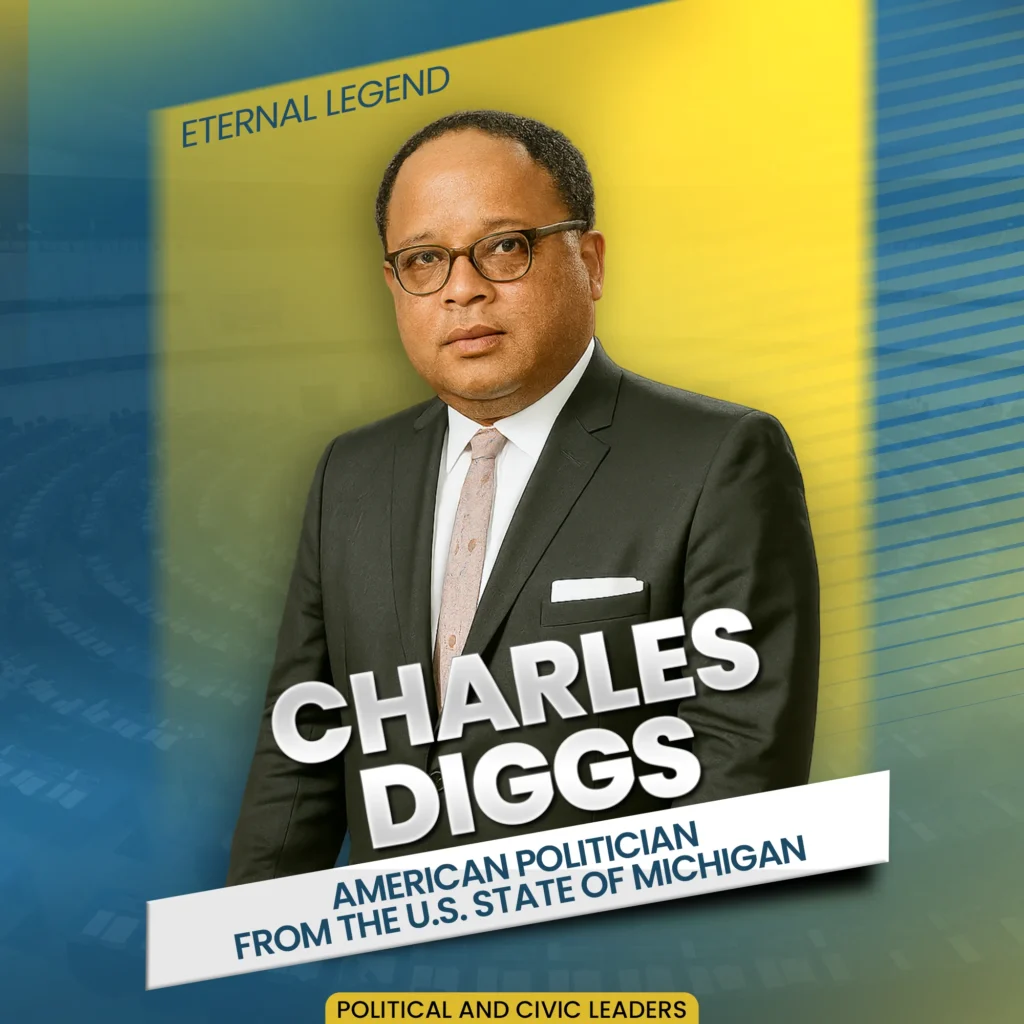Diggs was among the first and most outspoken Northern congressmen to support the civil rights movement.
In 1955, he attended the Emmett Till trial in Mississippi, which became nationally known and gave federal legitimacy to the black community’s demands for justice.
Fast forward about a decade and a half later:
In 1971, Diggs founded the Congressional Black Caucus, which worked to ensure African Americans had a voice in Congress, setting the agenda for voting rights, housing, education, and economic opportunity as its first chairman.
Globally, Diggs was also a strong opponent of apartheid in South Africa.
He pushed Congress to act against racial injustice abroad as chairman of the House Subcommittee on Africa and linked the Black freedom struggle in America to South Africa’s struggles for liberation, becoming a respected activist throughout the 1970s.
That said, Diggs’ career did not end on a high note.
In 1978, he did a brief stint in prison for mail fraud and false payroll charges after taking kickbacks from staff salaries, which led to his resignation from office in 1980.
It was an unfortunate downward slide for a man who had accomplished so much over the course of his career, yet many Detroiters still regarded him as a pioneer – one whose legacy could not be overshadowed by his fall.


 Please check your email for your login details.
Please check your email for your login details.
